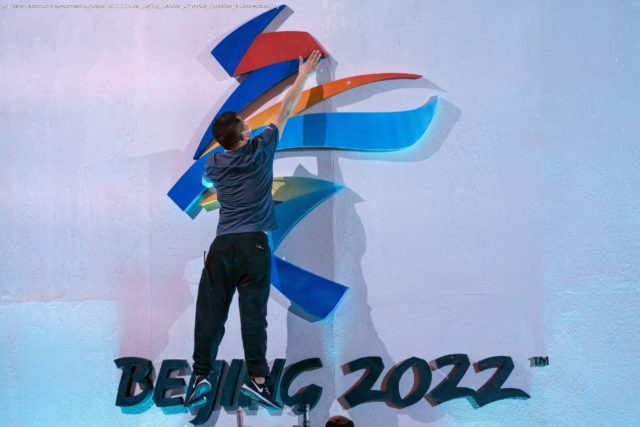GENEVA (AP) — Diplomatic boycotts of the Olympics aim to snub host nations while keeping athletes free to compete. A small cascade of government boycotts hit…
GENEVA (AP) — Diplomatic boycotts of the Olympics aim to snub host nations while keeping athletes free to compete. A small cascade of government boycotts hit China on Wednesday, less than two months before the Beijing Olympics open. The impact of these political weapons on athletes at the games should be close to zero, and viewers should see no difference in their broadcast content. Their aim is calculated to hurt the pride of host nations such as China, which often have both sports and politics mixed into their motives for staging events as big as an Olympics or soccer’s World Cup. In Australia, then the United Kingdom and Canada, governments announced their refusal to send officials to the Winter Games being held Feb.4-20. The move against China started in the United States on Monday. Those countries are longtime diplomatic allies that want to shine attention on China’s human rights record, and especially the treatment of its Muslim-majority Uyghur people that some call genocide. The sting will also be felt by the International Olympic Committee, whose leaders have a keen sense of its potential place in world politics even while touting the neutrality it is bound to by the Olympic Charter. IOC leaders like to burnish the Olympic brand by saying their sports event is the only one to bring more than 200 national teams together in peace and friendship as an example to the world. Any diversion from the message of global unity is unwelcome. OLYMPIC MISSION The Olympic Charter is the code of rules and bylaws that governs the IOC and “sets forth the conditions for the celebration of the Olympic Games.” Rule 2 relating to the “Mission and role of the IOC” helps explain why any boycott is treated as an affront to its principles. It includes: “To take action to strengthen the unity of the Olympic Movement, to protect its independence, to maintain and promote its political neutrality and to preserve the autonomy of sport.






